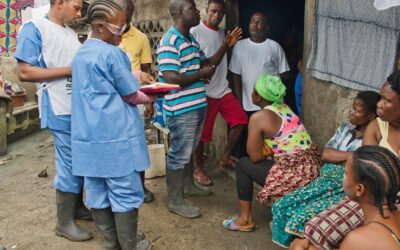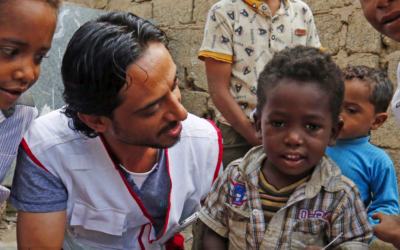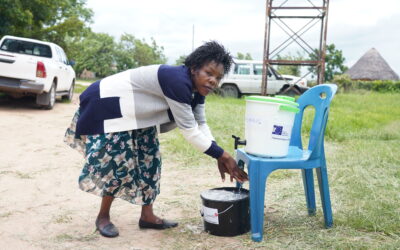For journalists, it is important to be aware of what the Monkeypox outbreak means for public health, and what must be done to prevent infections and care for those who are ill. Journalists must also be aware of the stigma attached to Monkeypox and the importance of patient rights in handling this health crisis.
To cover all of these angles, we’ll be joined by these experts:
- Dr. Otim Patrick Cossy Ramadan, Health Emergency Officer, Emergency Preparedness and Response (EPR) Cluster, World Health Organization in Brazzaville, explains the science of Monkeypox.
- Brian Kanyemba, Managing Director, HIV Prevention Technical Advisor, explains how Monkeypox is affecting marginalized groups and key populations.
- Michael Gwarisa, award winning health journalist and Editor of HealthTimes, discusses why language and tone matters when reporting disease and key affected populations.
- Sergio Cecchini, Infodemic Manager at the World Health Organization’s Africa Infodemic Response Alliance (AIRA), presents AIRA’s findings on how people in the ESAR region are talking about Monkeypox, fact and fiction.





